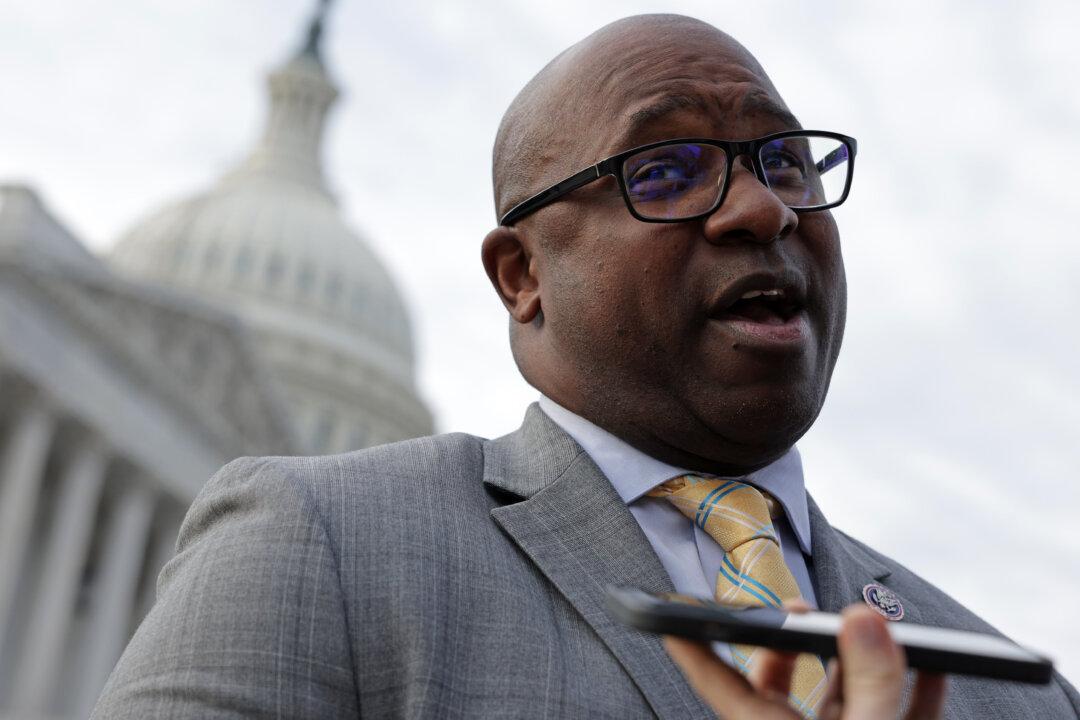The House Ethics Committee ruled against starting a probe into Rep. Jamaal Bowman (D-N.Y.) for pulling a House office building fire alarm in September.
In a press release issued on Nov. 22, the committee announced its decision not to investigate the New York representative, following charges being filed by the D.C. Attorney General’s Office.





